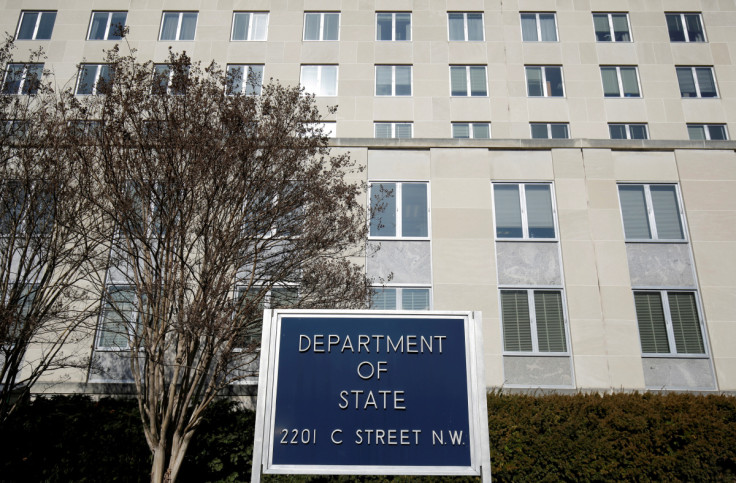US State Department Wants To Speed Weapons Export Process

The U.S. Department of State said on Thursday it wants to update internal processes for the tens of billions worth of foreign military sales it oversees each year to speed up approvals "for an age of heightened strategic competition."
The move comes as the war in Ukraine has shown the process of getting weapons in the hands of American allies is too slow, to counter potential threats from Russia and China.
"The time has come to reassess and adapt security cooperation to meet new and emerging challenges" the State Department said in a fact sheet, adding that competition with China and Russia's war in Ukraine were factors that led to the 10-point plan to re-tool the department's oversight of foreign military sales.
The plan, which followed an internal review at the State Department, involves "anticipatory policy decisions" for allies' potential future purchases to begin the decision process earlier for allies' requests.
Industry has long hoped that the State Department would anticipate an ally's request for a weapons system, rather than begin its review only after the formal request for a weapons system was made.
Other items in the plan included more training for the military attaches stationed at embassies that are the front line of the Foreign Military Sales (FMS) process.
Foreign military sales arranged through the U.S. government rose 49.1% to $51.9 billion in 2022 from $34.8 billion the prior year.
The Pentagon conducted a parallel review of its own FMS implementation mechanisms, the State Department said.
There are two major ways foreign governments buy arms from U.S. companies: direct commercial sales negotiated between a government and a company, and foreign military sales in which a foreign government typically contacts a Defense Department official at the U.S. embassy in its capital. Both require U.S. government approval.
© Copyright Thomson Reuters 2024. All rights reserved.





















